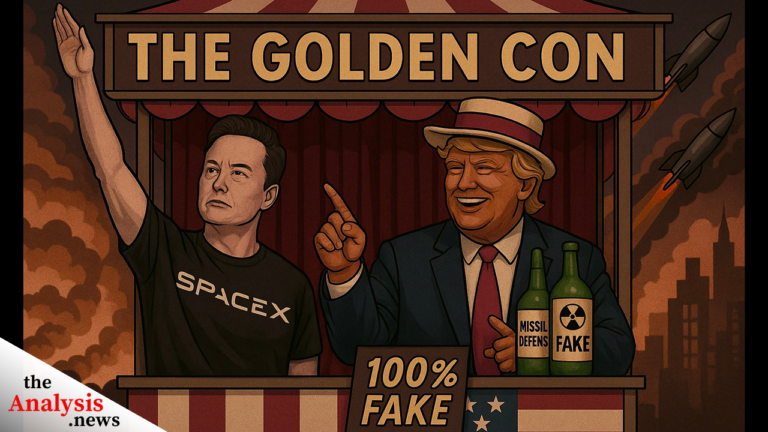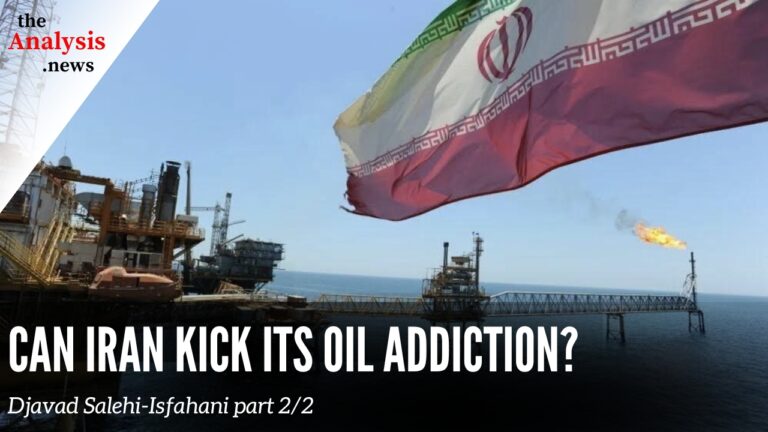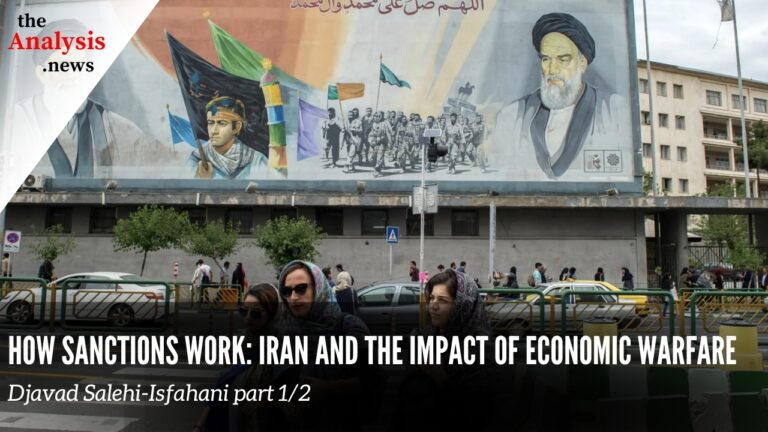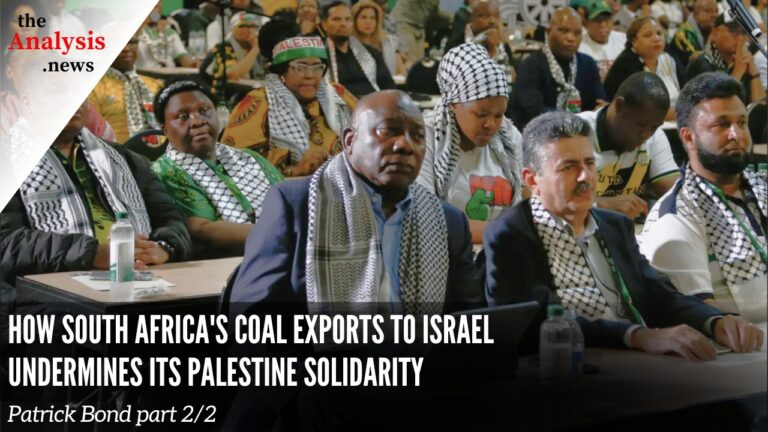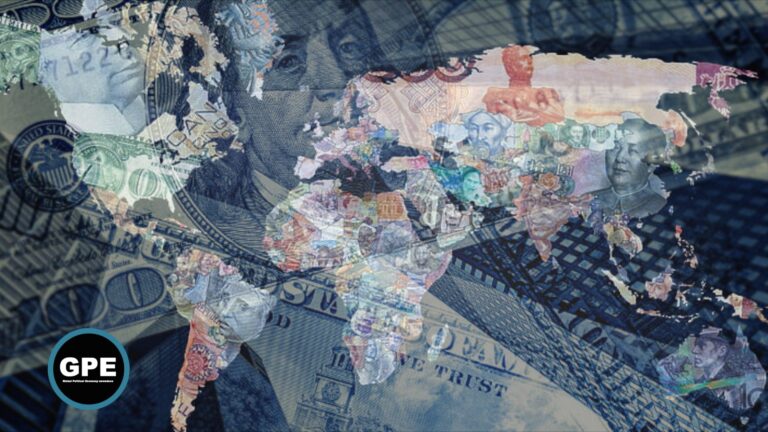Trump Tariffs: The Madman Theory Applied to Economics (and what we should do about it)
In part one, Paul Jay exposes how Trump’s tariff policy, far from protecting American workers, is a calculated strategy to fund militarization, crush labor, and entrench corporate-nationalist rule. Behind the chaos lies a coherent project—driven by Trump’s allies—to weaponize climate denial, exploit regressive taxes, and funnel billions into AI-driven warfare and fossil fuel expansion. The so-called “Golden Dome” is revealed as a trillion-dollar boondoggle enriching tech oligarchs under the guise of missile defense. This is not economic protectionism—it’s the financial architecture of authoritarianism.
